Welcome to the first edition of the Friday Mailbag in which I haven’t got a new 20 in 20 to plug. Feels weird. Maybe I should make another podcast…
After a long drought, I finally put out an entry this week. It’s about the usual subjects: hardcore, atheism, merch, and so on. You can read it here.
AND NOW TO THE MAILBAG…
Loyal N.E.H. reader (and my mom), Chris, asks:
“Top 10 songs from the ‘60s?”
Great question, Mom. The sixties is perhaps the only decade in which the most popular (and lauded) music also happened to be the best. By the seventies, music had splintered in so many directions that it’s possible to slot ABBA beside Joy Division on a “Best Of” playlist.
To prepare for this assignment, I spent my week fully immersed in the music of the sixties. A few dominant trends really captured my attention:
Motown (and Motown-influenced) soul
The British Invasion
Greenwich Village folk
Psychedelic pop
1950s hangover schmaltz
Now we all know I love jazz and classical, but jazz was on a freaky exploratory tip by the sixties, and classical music isn’t song-based in the slightest. That being said, Miles Davis, John Coltrane, Bill Evans, Glenn Gould, Martha Argerich, and Leonard Bernstein had astonishing decades.
Before we jump into the top 10, here are the notable mentions, listed alphabetically:
Barry McGuire - “Eve of Destruction” (Dunhill, 1965)
The Bee Gees - “Words” (Atco, 1968)
Bob Marley & The Wailers - “Simmer Down” (Coxsone, 1964)
The Byrds - “Mr. Tambourine Man” (Columbia, 1965)
The Crystals - “He’s a Rebel” (Philles, 1962)
Del Shannon - “Runaway” (BigTop, 1961)
Desmond Dekker - “Israelites” (Uni, 1968)
Donovan - “Catch the Wind” (Hickory, 1965)
Dusty Springfield - “You Don’t Have to Say You Love Me” (Philips, 1966)
Elvis Presley - “Suspicious Minds” (RCA, 1969)
The Four Seasons - “Let’s Hang On!” (Philips, 1965)
Gary U.S. Bonds - “Quarter to Three” (Legrand, 1961)
Harry Nilsson - “Everybody’s Talkin’” (RCA Victor, 1968)
Kyu Sakamoto - “Sukiyaki” (Capitol/EMI, 1963)
Leonard Cohen - “Suzanne” (Columbia, 1967)
The Monkees - “Daydream Believer” (RCA, 1967)
Neil Sedaka - “Breaking Up Is Hard To Do” (RCA Victor, 1962)
Otis Redding - “I’ve Been Loving You Too Long” (Volt, 1965)
Peter, Paul and Mary - “Leaving on a Jet Plane” (Warner Bros. - Seven Arts, 1969)
Petula Clark - “Downtown” (Warner Bros., 1964)
The Righteous Brothers - “Unchained Melody” (Philles, 1965)
The Rolling Stones - “Ruby Tuesday” (London, 1967)
The Ronettes - “Be My Baby” (Philles, 1963)
Roy Orbison - “In Dreams” (Monument, 1963)
Sam Cooke - “Cupid” (RCA Victor, 1961)
The Shirelles - “Will You Love Me Tomorrow” (Scepter, 1960)
Skeeter Davis - “The End of the World” (RCA Victor, 1962)
Sonny & Cher - “I Got You Babe” (Atco, 1965)
Stevie Wonder - “For Once In My Life” (Tamla, 1968)
The Stone Poneys - “Different Drum” (Capitol, 1967)
The Supremes - “I Hear a Symphony” (Motown, 1965)
The Temptations - “My Girl” (Gordy, 1964)
Toots and the Maytals - “Sweet & Dandy” (Beverley’s Records, 1969)
The Tornados - “Telstar” (London, 1962)
ALRIGHT, LET’S GET IT GOING
The Beach Boys - “Surfer Girl” (Capitol, 1963)
Brian Wilson wrote “Surfer Girl” in 1961. It was his first song. He was 19.
There are better Beach Boys songs: “Don’t Worry Baby,” “I Just Wasn’t Made For These Times,” “Little Deuce Coupe…” That being said, I’ve sung “Surfer Girl” to my daughter before bed every night for five years. I can’t pretend to be unbiased about it. It’s an amazing song, and a great place to start this countdown.
The Velvet Underground - “Run Run Run” (Verve, 1967)
“Run Run Run” is inarguably the weirdest song on my list. Ostensibly, it’s a simple rock song with alternating verses and choruses, but in reality, it’s fun-house proto-punk made by a bunch of kids who wanted to impress Andy Warhol.
To my ears, “Run Run Run” is the best sounding track on this list, even though it sort of sounds like shit. The guitar solos are barely musical. The tempo and intensity never really waver. The backing vocals have this dissonant cult-like quality that I love.
Drop out of a life with drugs in hand.
The Four Tops - “I Can’t Help Myself (Sugar Pie Honey Bunch)” (Motown, 1965)
Berry Gordy launched Motown Records in 1959, and his label absolutely dominated the sixties. Motown’s hits are formulaic and lyrically shallow, but that doesn’t matter in the slightest because they are also ridiculously catchy, era-defining pop masterpieces. You don’t come to a Supremes track expecting poetry. Babies get born into this wicked world, and almost immediately, they begin absorbing the music of Motown.
I ran a “Best Motown Single” bracket on my Instagram not too long ago, and Marvin Gaye took home the top prize with “What’s Going On.” I would’ve given it to “I Can’t Help Myself” by the Four Tops.
Motown’s in-house songwriting team, Holland-Dozier-Holland, cooked up a bulletproof melody, and the Four Tops sing it over and over, with increasing urgency, until they’re basically shouting. I love that.
If you’ve ever considered getting married, I recommend doing it just so you can have a reception. Or throw a generic party, whatever. But! You must put “I Can’t Help Myself” on the playlist. Within ten seconds, literally every guest at your dumb wedding–your grandma, the nephew who should be home with a babysitter, your drunk college friend–will be on the dance floor. What better testament to a song’s greatness?
Darlene Love - “Christmas (Baby Please Come Home)” (Philles, 1963)
In 1963, the 45-rpm single was pop music’s top consumer format. If you heard a hit song on the radio, you could buy it at the supermarket or department store for, like, a buck.
Shrewd producers chased trends throughout the early ‘60s, to varying degrees of success. There were teenage tragedies, pop instrumentals, dance crazes, and eventually, girl groups. I love girl groups. The Supremes, Ronettes, and Crystals; “Baby Love,” “Be My Baby,” “He’s a Rebel.” I could go on. My favorite of the bunch, Darlene Love’s “Christmas (Baby Please Come Home),” arrived in November 1963. The next month, “I Want To Hold Your Hand” touched down in America, and the era of the girl group came to an abrupt end.
Darlene Love sings the hell out of “Christmas (Baby Please Come Home).” The final minute is exhilarating. Producer-murderer, Phil Spector, surrounds Love with sleigh bells, saxophones, and whatever else he could scrounge up in the studio that day. Incredible producer, monstrous human being. He died in prison this January.
I should note that many of the girl-groups were comprised of young black women who were managed and produced by white men. Unsurprisingly, the profits and notoriety from these hits didn’t always trickle down. In the 1980s, Darlene Love was cleaning mansions in Beverly Hills. She heard a client singing “Christmas (Baby Please Come Home)” and decided to get back into performing. The video of her singing on Letterman in 1986 is an all-time YouTube classic. If you like a good side pony, you owe it to yourself to watch. Unlike Phil Spector, Darlene’s still out there doing her thing.
Glen Campbell - “Wichita Lineman” (Capitol, 1968)
First of all, shout out to anybody who thinks or once thought this song is about a football player. Turns out, linemen install and repair power lines. It’s hard, dangerous work, and not enough songwriters turn their attention to these heroes of modern civilization. But then most professions don’t get even one song as good as “Wichita Lineman.”
Glen Campbell began working as a session guitarist before embarking on his solo career. He needed to step out of the recording studio–for humanity’s sake. Glen could shred, Glen could sing, and Glen was handsome as hell. Some of us are good at, like, compiling spreadsheets or making pancakes or whatever. Some of us are attractive. Almost nobody is the full package. But Glen was.
Before I move on, I’d like to highlight some standout moments. Consider Glen’s inflection on the line, “I know I need a small vacation.” Or the baroque and deeply uncool string arrangement that manages to kill. And oh yeah, Glen plays a mean baritone guitar solo toward the end. All in a day’s work.
Van Morrison - “Madame George” (Warner Bros., 1968)
Bob Dylan’s “Sad-Eyed Lady of the Lowlands” didn’t make the cut, unfortunately, but take comfort in the fact that “Madame George” is basically Van Morrison’s take on Dylan’s Blonde on Blonde epic.
When writing about “Madame George,” most critics concentrate on the titular character, a drag queen whose exploits with the cops and gamblers on Fitzroy Ave. help nudge our narrator into adulthood. Myself, I’ve always been fascinated by Shalimar, a perfume that debuted in 1921 and continues to be manufactured by the French luxury brand, Guerlain. (You can buy a 3 oz. bottle on Neiman Marcus’s website for $135, if that’s how you like to spend your money.)
Shalimar is notable for being the “first oriental perfume in history” and also the “fragrance of desire.” Wow, okay. It was also the perfume-of-choice for flappers in the twenties and Joan Holloway (of Mad Men fame) in the sixties. In other words, it’s a scent that has literal historic relevance, and one that nobody from my generation seems to know or care anything about. Idiots.
“Madame George” has many threads. You can choose to follow them, or you can simply sit back and enjoy the hypnotic music. Before he swallowed the proverbial red pill (along with Eric Clapton), Van Morrison saw the world for what it was: a place full of strange characters who spritzed themselves with Shalimar and played dominoes in drag.
Judy Collins - “Both Sides Now” (Elektra, 1967)
Joni Mitchell released her best music in the seventies, but she planted her flag in 1967 with “Both Sides Now.” The definitive take comes courtesy of Judy Collins, a folk singer who rose to prominence covering Leonard Cohen, Bob Dylan, and yes, Joni Mitchell.
Collins hones in on the song’s inherent melodrama. The descending harpsi-keyboard lead scans as pure sixties schmaltz, but schmaltz works–on me, anyway–and whenever “Both Sides Now” comes on the radio, I snap to attention and ready myself to feel some feelings.
Not coincidentally, three of the songs on my list were featured prominently on Mad Men. The show has informed my understanding of the decade–musical and otherwise–to an absurd degree. If you haven’t watched it yet, you really should.
“This is where I grew up.”
The Beatles - “Here Comes The Sun” (Apple, 1969)
Everybody loves “Here Comes The Sun.” It’s a rule, and I’m not going to be the one to break it.
What can I say that hasn’t been said? I guess I’ll note that my kids, Alice and Peter, both love “Here Comes The Sun.” I feel like kids can see through the bullshit that adults get hung up on. While we’re stuck on lyrics and chord changes and recording consoles, kids remain laser-focused on melody. Is the song catchy? Is it direct? At its core, “Here Comes The Sun” is both. It’s an insanely catchy song that also happens to be about the ball of fire that sustains our species. Pretty cool!
Bob Dylan - “Don’t Think Twice, It’s All Right” (Columbia, 1963)
Bob Dylan wrote a lot of great songs in the sixties (obviously), but none of them wallop me quite like “Don’t Think Twice, It’s All Right.” At this early point in his career, Dylan was mostly known for his protest music, but “Don’t Think Twice, It’s All Right” blazes another path, a more personal–and arguably better–one.
Like the top song on my list, “Don’t Think Twice, It’s All Right” has a fingerpicked guitar part that’s crystalline in its arrangement and execution. It’s also got some biting lyrics that stop me cold, notably, “You just kinda wasted my precious time.” Because I’m a dysfunctional man-robot, Dylan’s angry songs (“Idiot Wind,” “Positively 4th Street”) speak to me more than the optimistic or righteous political ones. That Dylan can summon spite and tenderness in such limited space really speaks to his lyrical prowess. No songwriter had a better decade.
Simon & Garfunkel - “Bleecker Street” (Columbia, 1964)
Paul Simon was just a baby in 1964 when he recorded “Bleecker Street,” the third track on the debut LP he made with his childhood friend, Art Garfunkel. Simon & Garfunkel would eventually conquer the world, but to my ear, they never made a song as pure and beautiful as this one.
That fingerpicked guitar part really knocks me out. It’s so freaking melodic. And then there’s the lyrics! The final verse reads:
I heard a church bell softly chime
in a melody sustainin’
It’s a long road to Canaan
on Bleecker Street
Paul, a Jew of Hungarian descent, is walking down Bleecker Street and hearing the bells of a nearby church. He thinks of Canaan, the ancient land promised to the Israelites by God. In 1964, the country of Israel is less than two decades old, and already, it’s a fraught place. In a couple years, Israel will have nuclear weapons.
Or perhaps Paul is thinking of New Canaan, the Connecticut suburb north of Manhattan to which he’d one day relocate (and attempt to leave). Whatever the case, there’s an awful lot to unpack here, and the verse is only twenty words long.
“Bleecker Street” encapsulates many of Paul’s strengths (rhyming, subtext, setting/place) before he identified them in himself and began indulging them (“50 Ways To Leave Your Lover,” “At The Zoo”). I’ve been listening to “Bleecker Street” for half my life. I’ve never tired of it, and I doubt I ever will. My favorite song of the sixties.
Here’s a playlist with my top 10 and all the honorable mentions. What do you think? Did I miss something? Drop me a line below. Oh, and –
Got a question? Feel free to comment on this post or e-mail me at newexperimentalhours@gmail.com. Thanks!
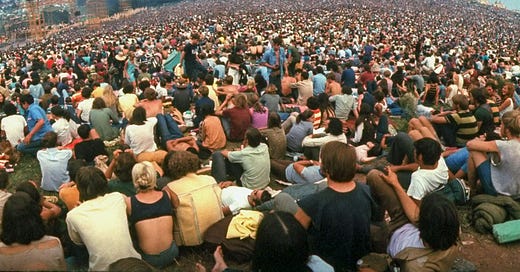




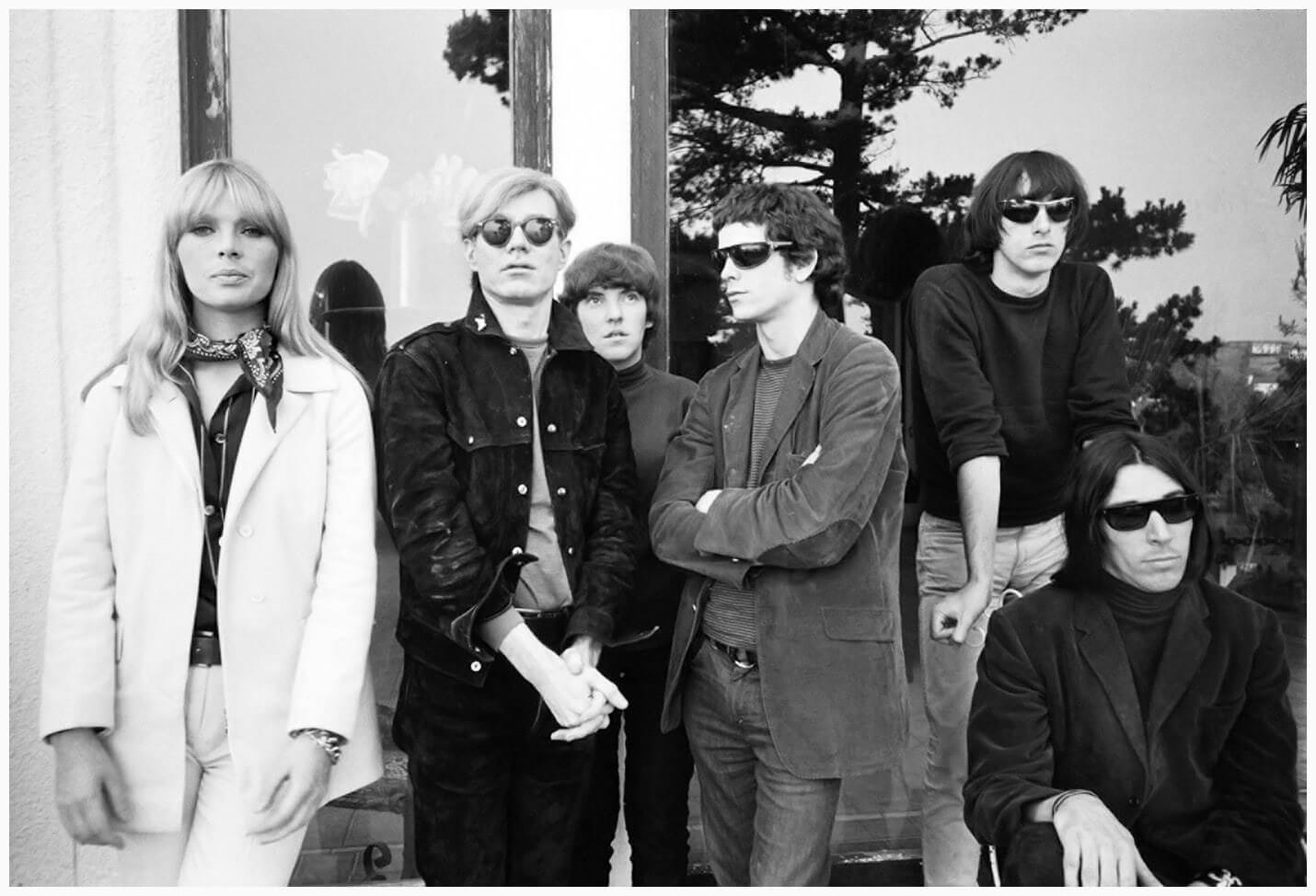
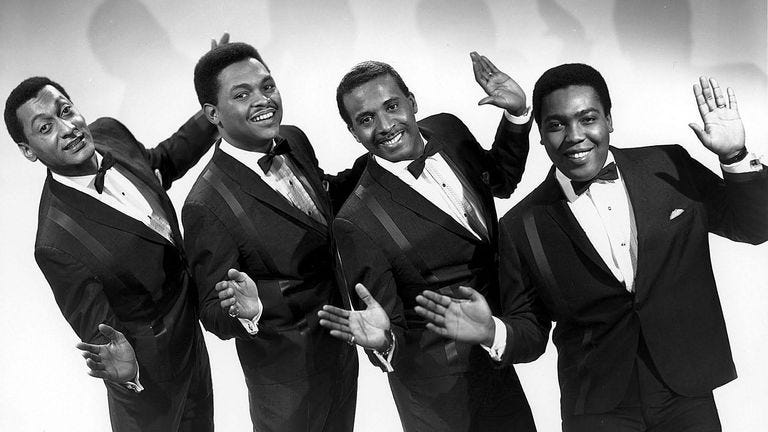
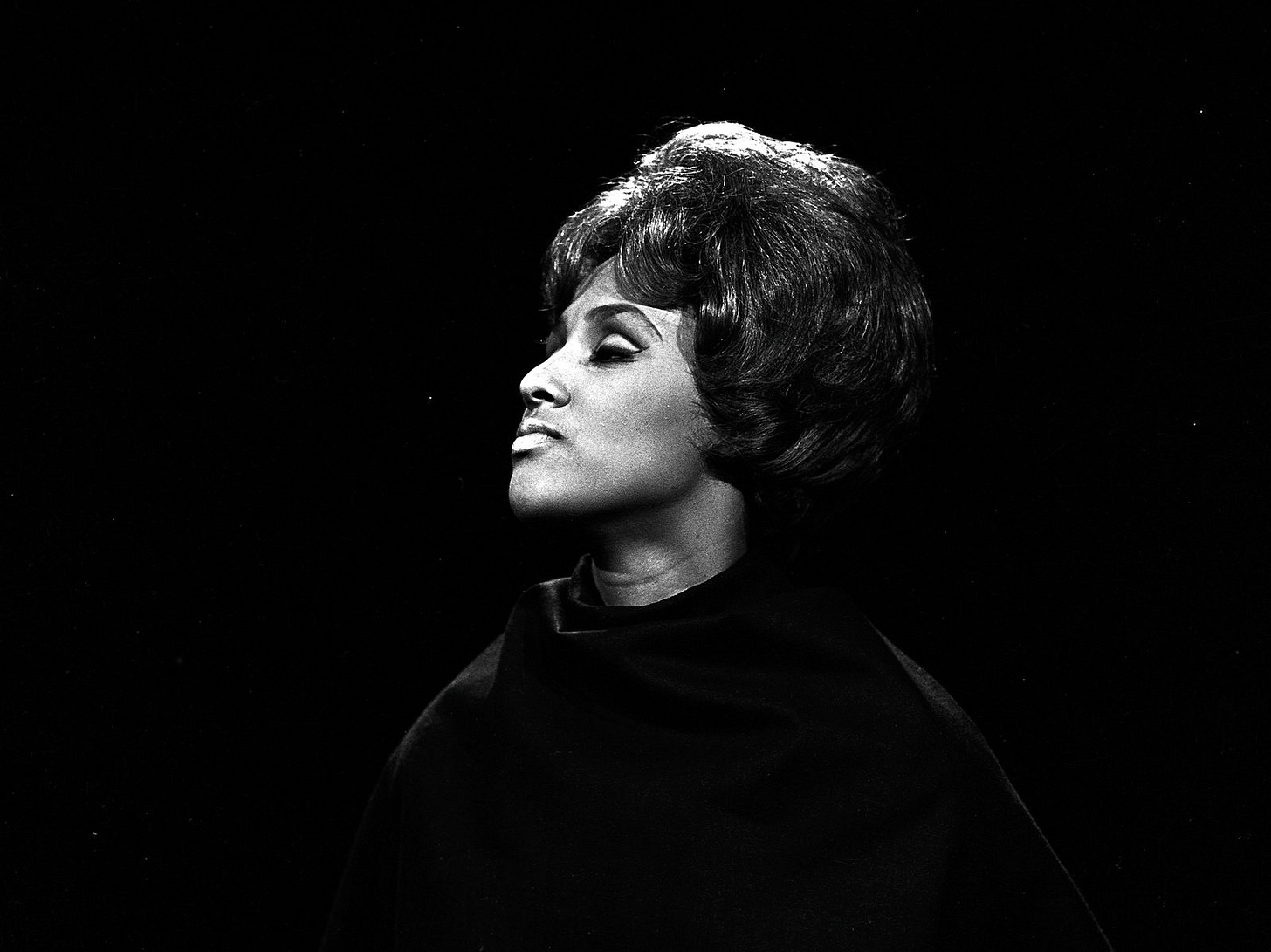
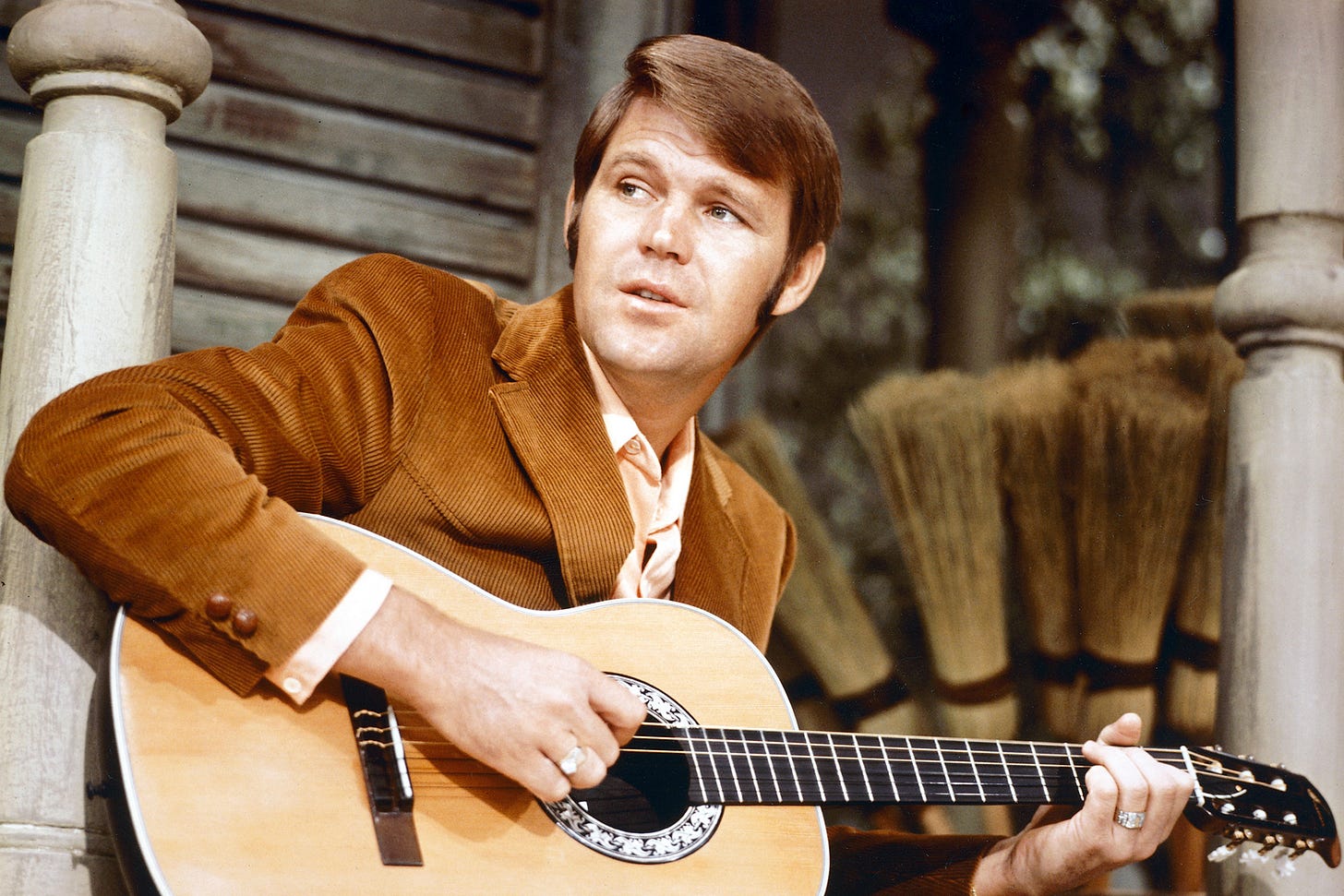
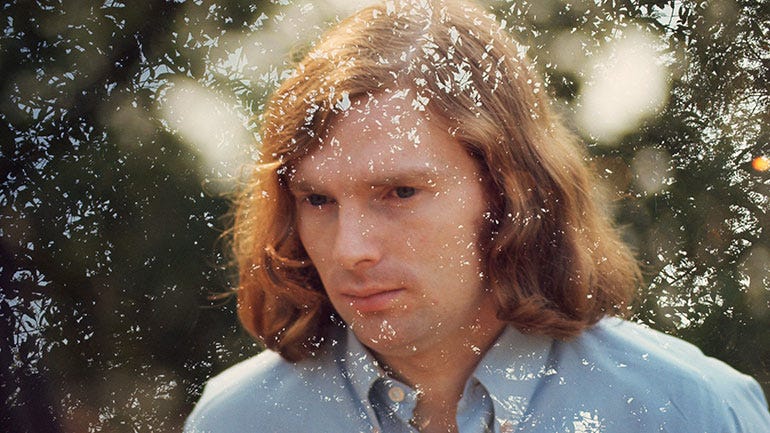
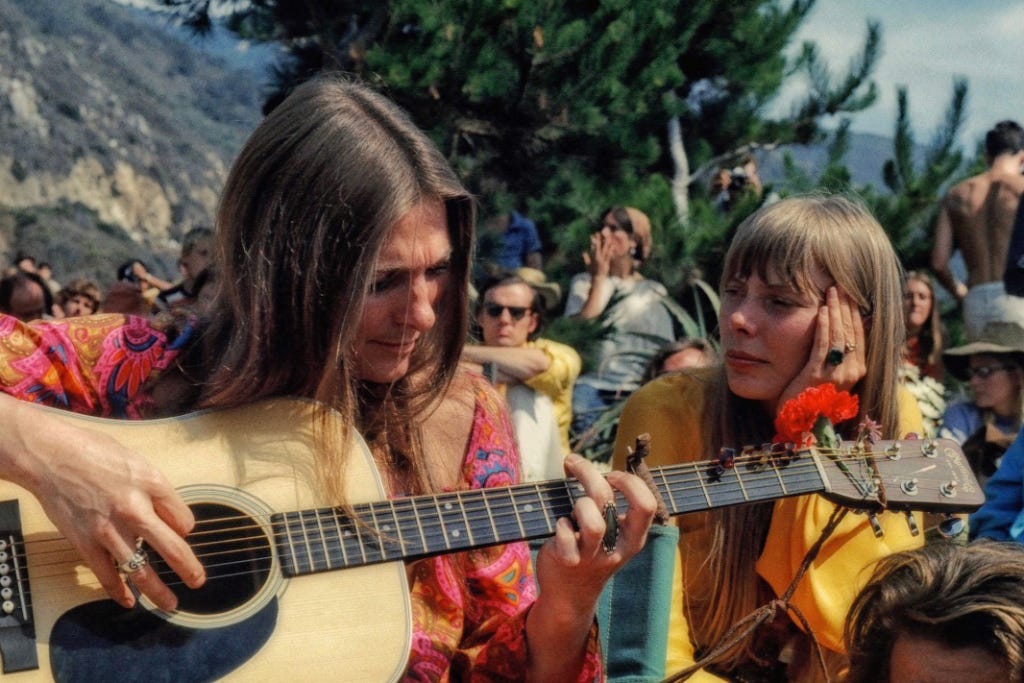
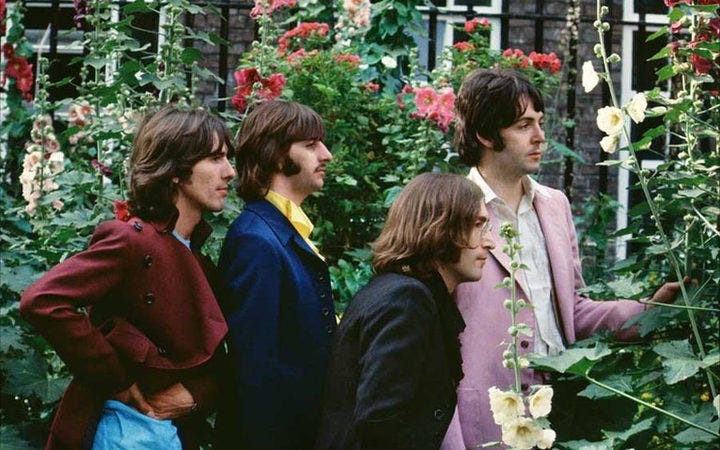
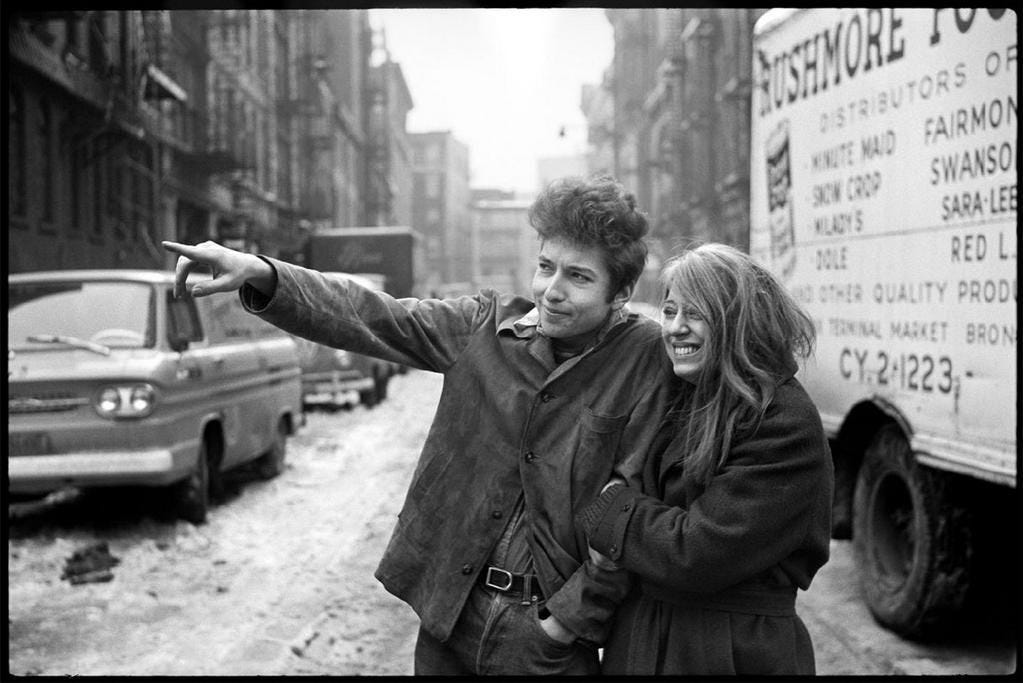
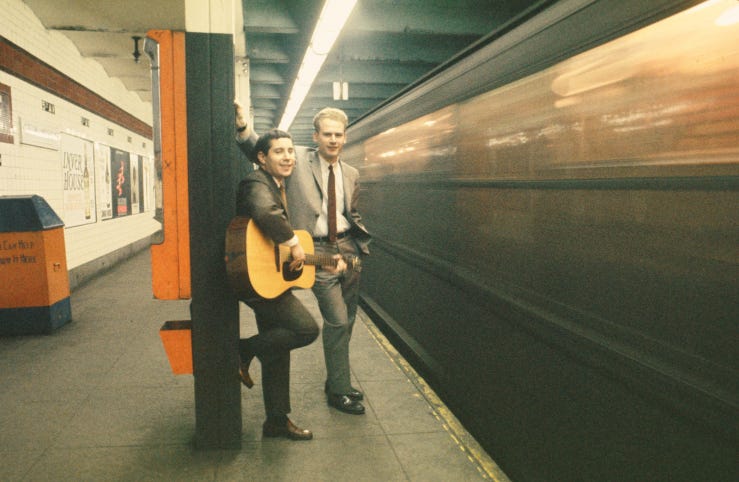
Article was great but you left Elvis out